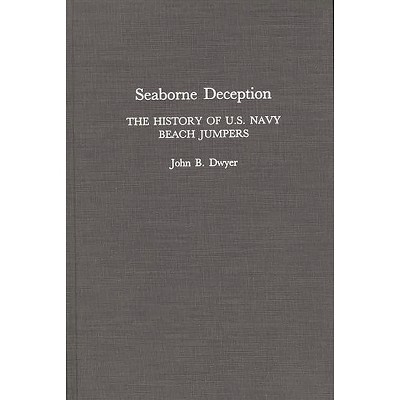Sponsored

To Wire the World - by John B Dwyer (Hardcover)
In Stock
Sponsored
About this item
Highlights
- In the 1850s, American entrepreneur Perry M. Collins envisioned a world connected by an overland telegraph line.
- About the Author: JOHN B. DWYER is a Professional Military Historian.
- 200 Pages
- Technology, Telecommunications
Description
About the Book
In the 1850s, American entrepreneur Perry M. Collins envisioned a world connected by an overland telegraph line. Western Union shared his vision, and, with Russia and England willing to be partners in the venture, it seemed possible to complete the massive undertaking. This is the story of how Collins helped to deploy a telegraph army to British Columbia, modern day Alaska, and Siberia. Supported by a telegraph navy, these men surveyed, explored, and operated in dangerous--sometimes even life-threatening-- environments to build the line from 1865 to 1867, only to have their attempts made obsolete by completion of the Atlantic cable in 1866.
Dwyer examines the geopolitical context, notions of manifest destiny, and the spirit of entrepreneurial adventure that motivated telegraph army commander, Col. Charles S. Burkley and his men. This story focuses on firsthand accounts by expedition participants and excerpts from ship's log to fill this important gap in the history of communication. These men braved possible starvation and risked their lives in an ultimately futile attempt to make their vision a reality.
Book Synopsis
In the 1850s, American entrepreneur Perry M. Collins envisioned a world connected by an overland telegraph line. Western Union shared his vision, and, with Russia and England willing to be partners in the venture, it seemed possible to complete the massive undertaking. This is the story of how Collins helped to deploy a telegraph army to British Columbia, modern day Alaska, and Siberia. Supported by a telegraph navy, these men surveyed, explored, and operated in dangerous--sometimes even life-threatening-- environments to build the line from 1865 to 1867, only to have their attempts made obsolete by completion of the Atlantic cable in 1866.
Dwyer examines the geopolitical context, notions of manifest destiny, and the spirit of entrepreneurial adventure that motivated telegraph army commander, Col. Charles S. Burkley and his men. This story focuses on firsthand accounts by expedition participants and excerpts from ship's log to fill this important gap in the history of communication. These men braved possible starvation and risked their lives in an ultimately futile attempt to make their vision a reality.Review Quotes
?Dwyer very successfully conveys the drama at sea and on land, as the widely dispersed activities of the working parties all unfold in this well-researched account of one of the most intrepid construction projects of the nineteenth century.?-International Journal of Maritime History
"Dwyer very successfully conveys the drama at sea and on land, as the widely dispersed activities of the working parties all unfold in this well-researched account of one of the most intrepid construction projects of the nineteenth century."-International Journal of Maritime History
About the Author
JOHN B. DWYER is a Professional Military Historian. His main research interests include tactical deception, the Scouts and Raiders of World War II, and amphibious special warfare. Some of his numerous articles have appeared in magazines such as Proceedings, Naval History, and Vietnam.
















